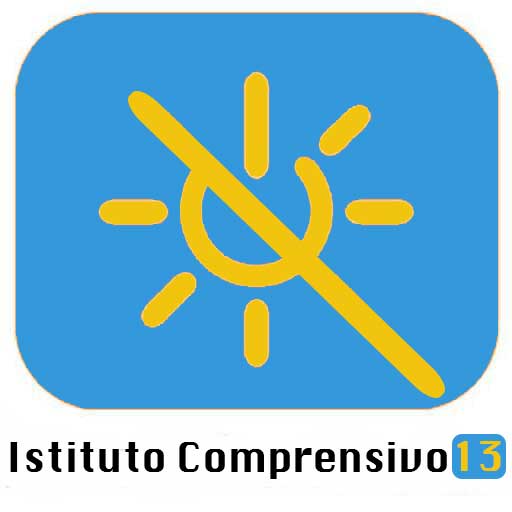Circ. N 129 – Convocazione dei Consigli di classe di marzo
Circ. n. 129
Ai Docenti
Scuola Secondaria di I°
“Leonardo da Vinci”
e p.c. Al DSGA
Al personale ATA
OGGETTO: Convocazione Consigli di Classe Scuola secondaria di primo grado.
I Consigli di Classe della Scuola Secondaria “Leonardo da Vinci” sono convocati secondo il seguente calendario:
LUNEDI’ 20 marzo 2017 ORE 14.30 Classe IID
15.30 Classe IIID
16.30 Classe IIF
MARTEDI’ 21 marzo 2017 ORE 14.30 Classe IIIE
15.30 Classe IIE
16.30 Classe IE
MERCOLEDI’ 22 marzo 2017 ORE 14.30 Classe IA
15.30 Classe IIIA
16.30 Classe IIA
GIOVEDI’23 marzo 2017 ORE 14.30 Classe IC
15.30 Classe IIC
16.30 Classe IIIC
LUNEDI’ 27 marzo 2017 ORE 14.30 Classe IIIB
15.30 Classe IIB
16.30 Classe IB
Ordine del Giorno:
-
Feedback dai Dipartimenti Disciplinari in merito al monitoraggio del PTOF e al PdM (prove comuni, criteri e rubriche di valutazione, miglioramento dei risultati, etc..);
-
Andamento didattico – disciplinare della classe;
-
Esame casi individuali;
-
Ricerca di forme di ulteriore coinvolgimento dei genitori degli alunni in grave difficoltà;
-
Adesione al Programma “Erasmus +”, Key Action 1 (KA1) “Innovative Mathematics Teaching-Exchanging Horizons” (si veda presentazione in calce);
-
Visite guidate/uscite didattiche ed attività programmate;
-
Varie ed eventuali.
La Dirigente Scolastica
Dott.ssa Serafina Patrizia Scerra
Breve presentazione del progetto “Erasmus+”:
Come comunicato nel Collegio dei Docenti del 06/03/2017, all’inizio di marzo, l’I.C. n. 13 ha aderito ad un partenariato, costituitosi nell’a.s. 2015/16, per la realizzazione del progetto “Innovative Mathematics Teaching-Exchanging Horizons”, nell’ambito del Programma Erasmus +, KA1.
-
Il progetto, già approvato e finanziato dalla Commissione europea, ha come paesi partner la Turchia (District Directorate of National Education), il Portogallo e l’Italia.
-
La prima mobilità si svolgerà a Braga, in Portogallo, dal 26 Aprile al 02 maggio.
-
La Referente del progetto è l’Animatrice digitale, Eleonora Costa.
Description of the Project:
In today’s world, teaching Mathematics is a crucial part of education and every country tries to get its mathematical success to higher level. Day by day, the new approaches, methods and techniques are being applied in the mathematics curriculum parallel to the world’s changing needs. In addition to that, using technology as a supportive material in the classes is also getting popular. As a matter of fact, to increase learners’ numerical skills and ability to use mathematics in the daily life is one of the most common needs of our era. In order to achieve this, it requires teaching basic mathematical skills well in primary education and develop them in the next steps of school education.
The project focuses on mathematical literacy, which is defined as “An individual’s capacity to identify and understand the role that mathematics plays in the world, to make well-founded judgments, and to use and engage with mathematics in ways that meet the needs of that individual’s life as a constructive, concerned and reflective citizen (OECD 2003, p. 24). In Europe 2020 Strategy, it’s stated that by 2020 less than 15% of 15-year-olds should be classed as ‘low-achieving’ in those basic skills (literacy, mathematics, science and technology), as measured by PISA tests .
To achieve better results, innovative mathematics teaching approaches, methods and techniques are required.



